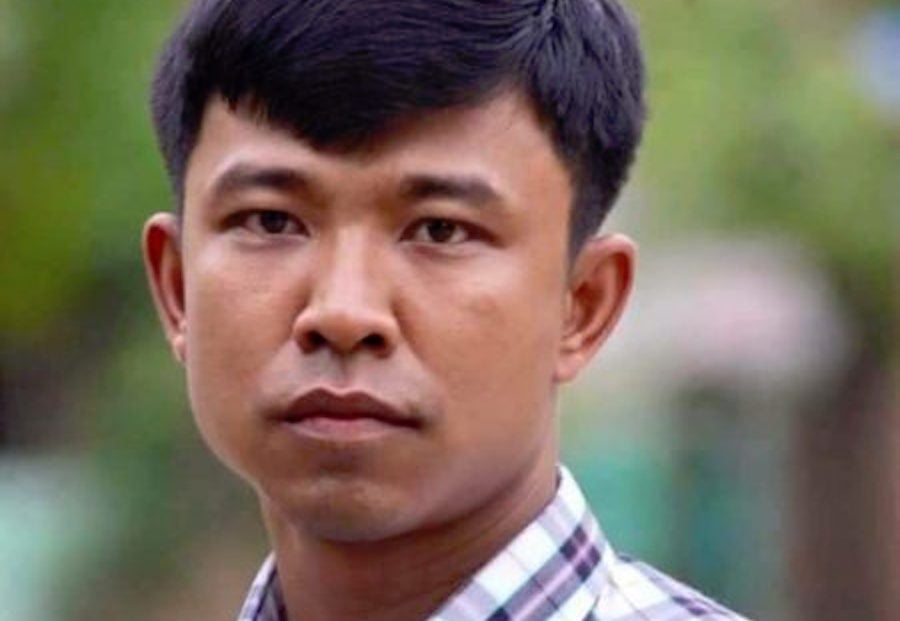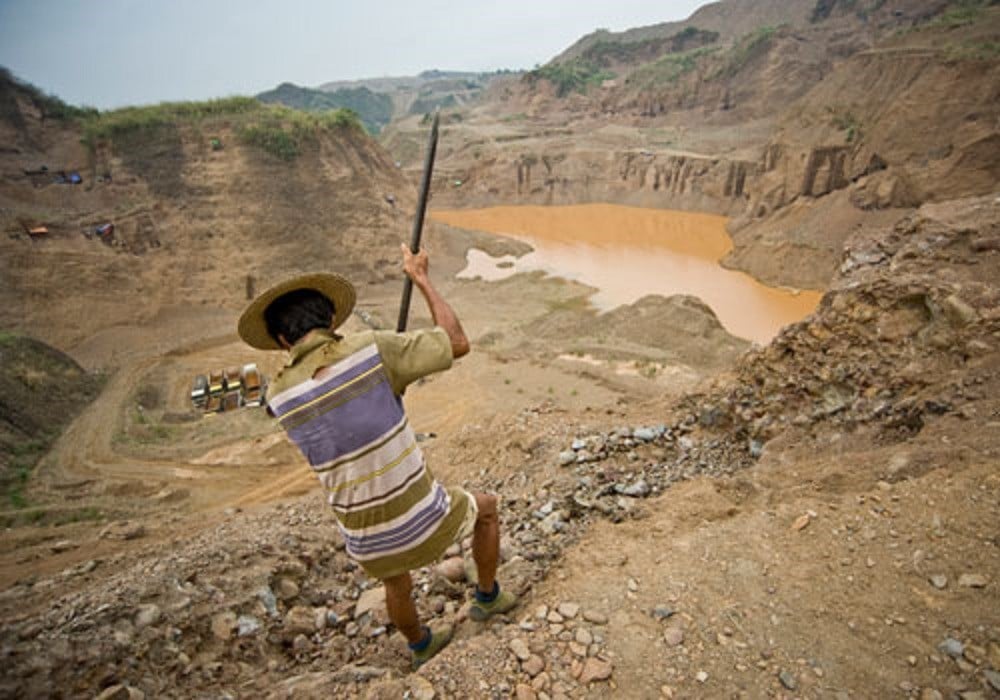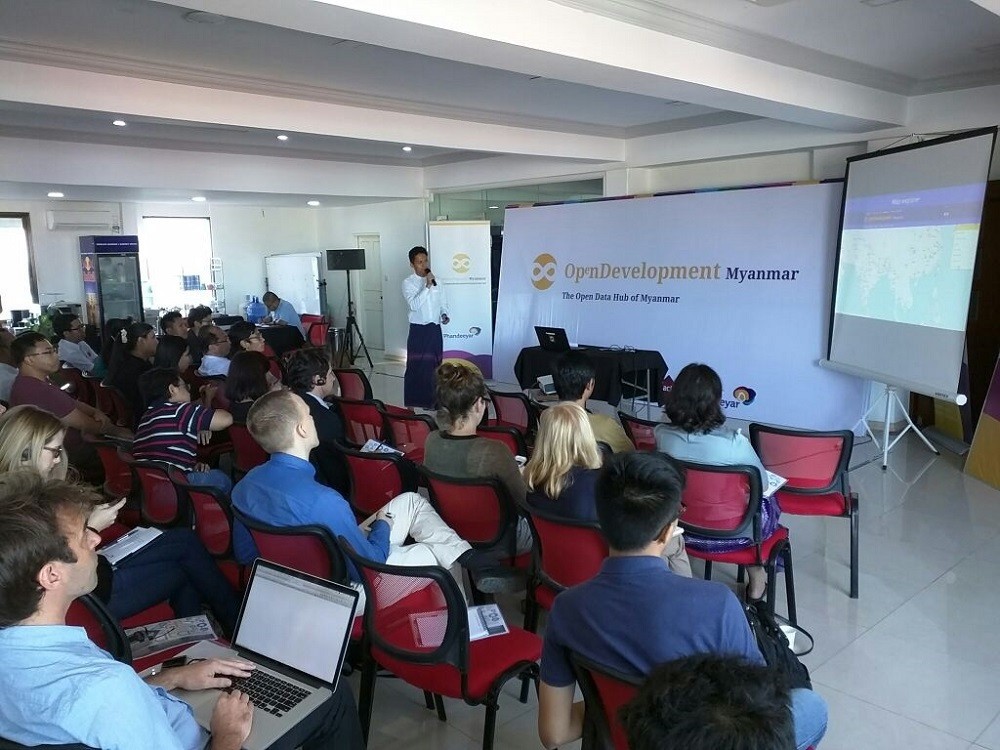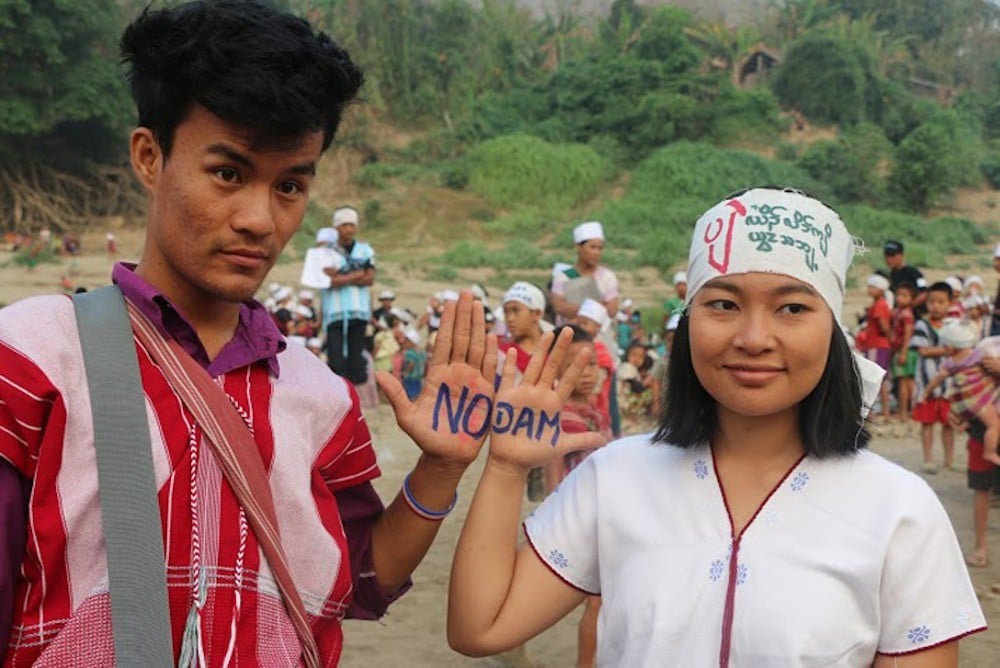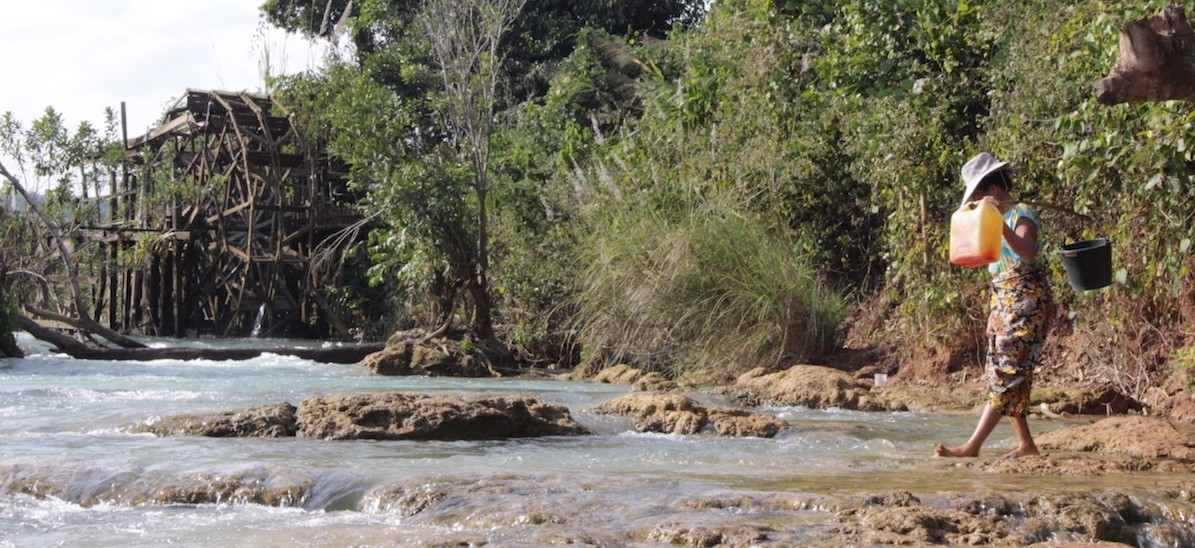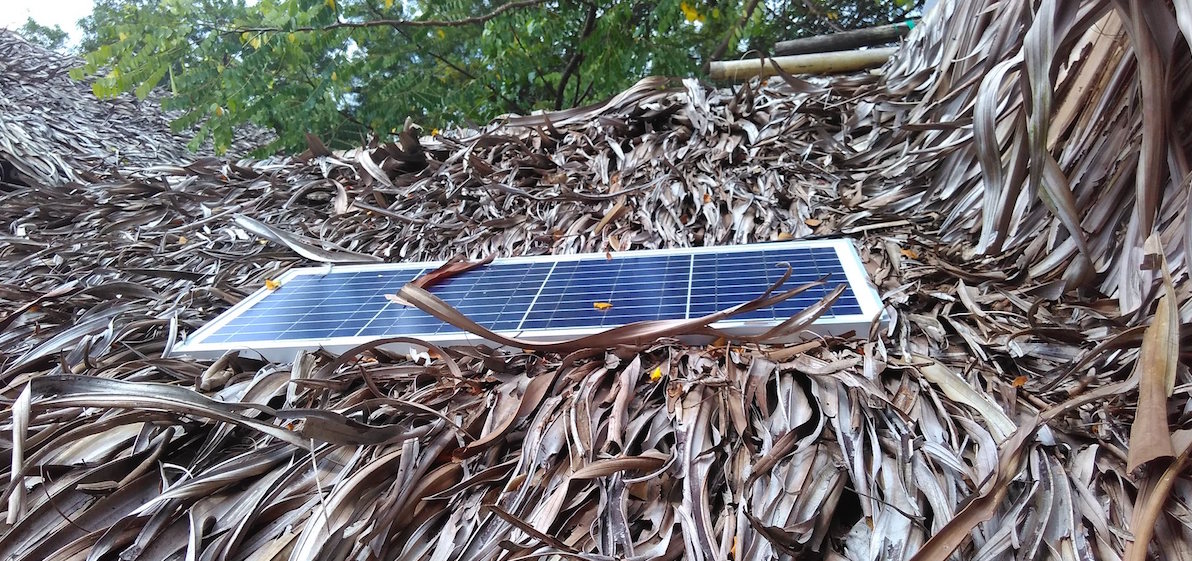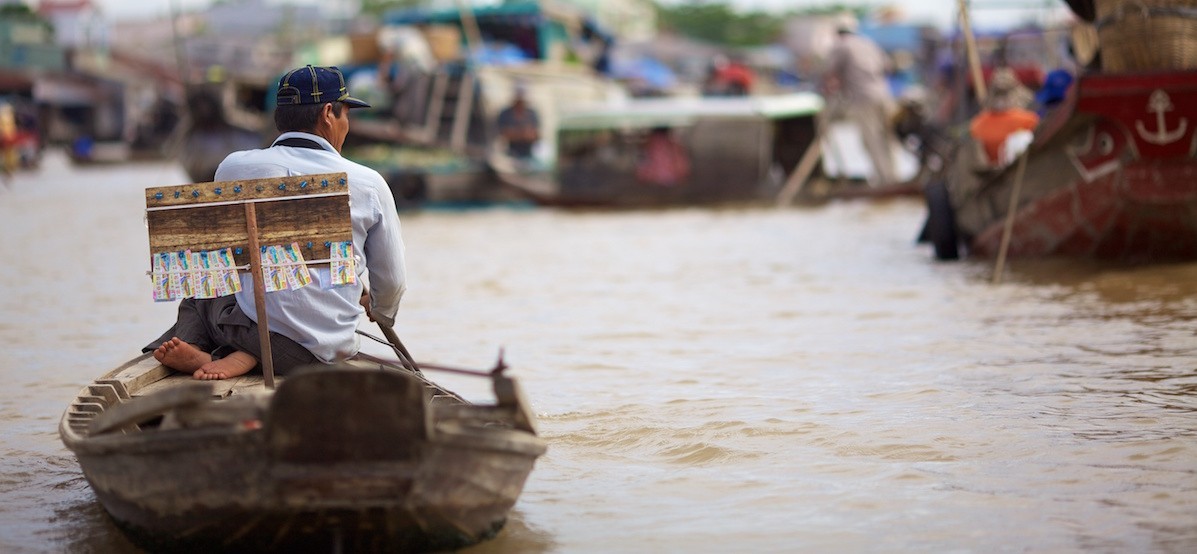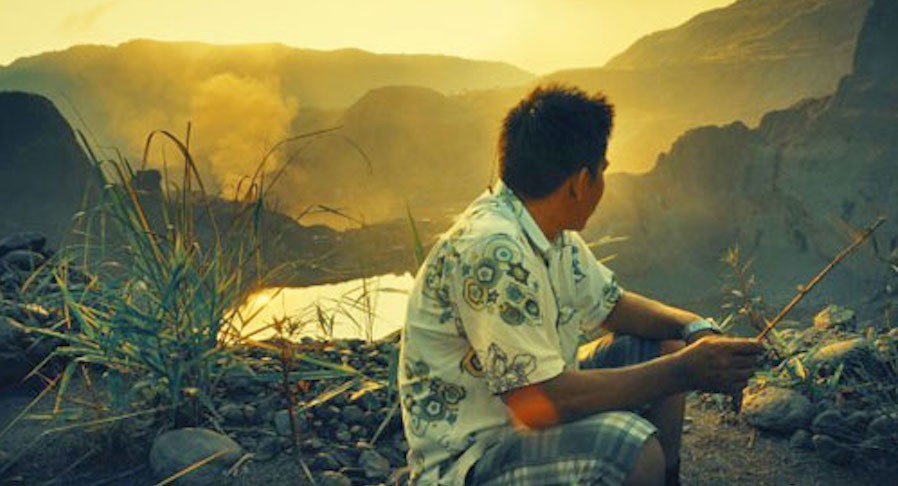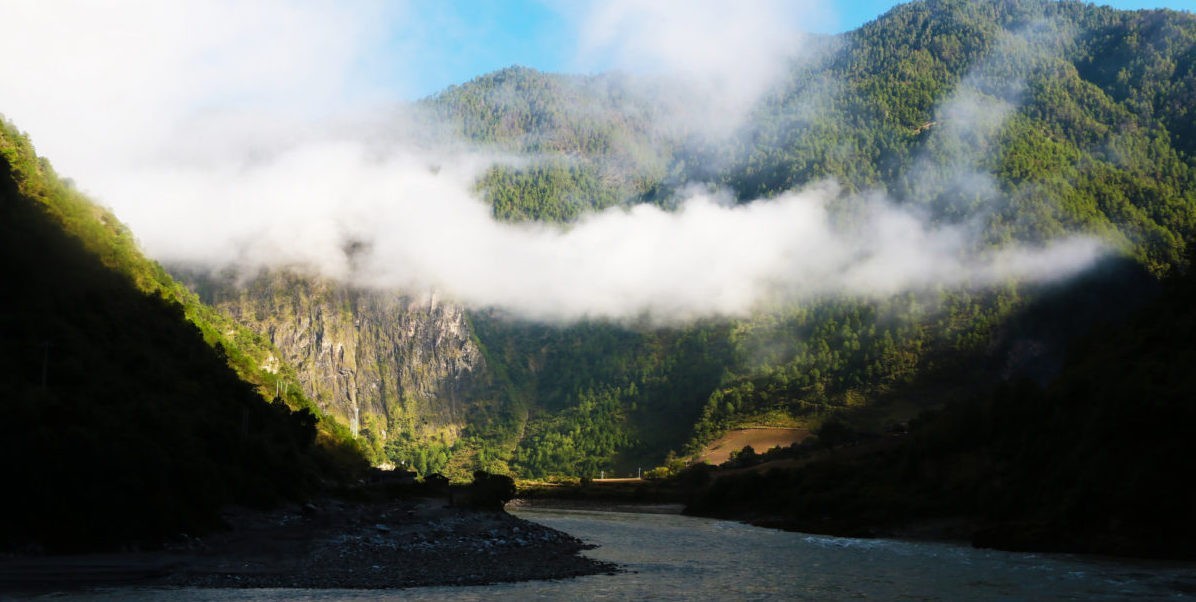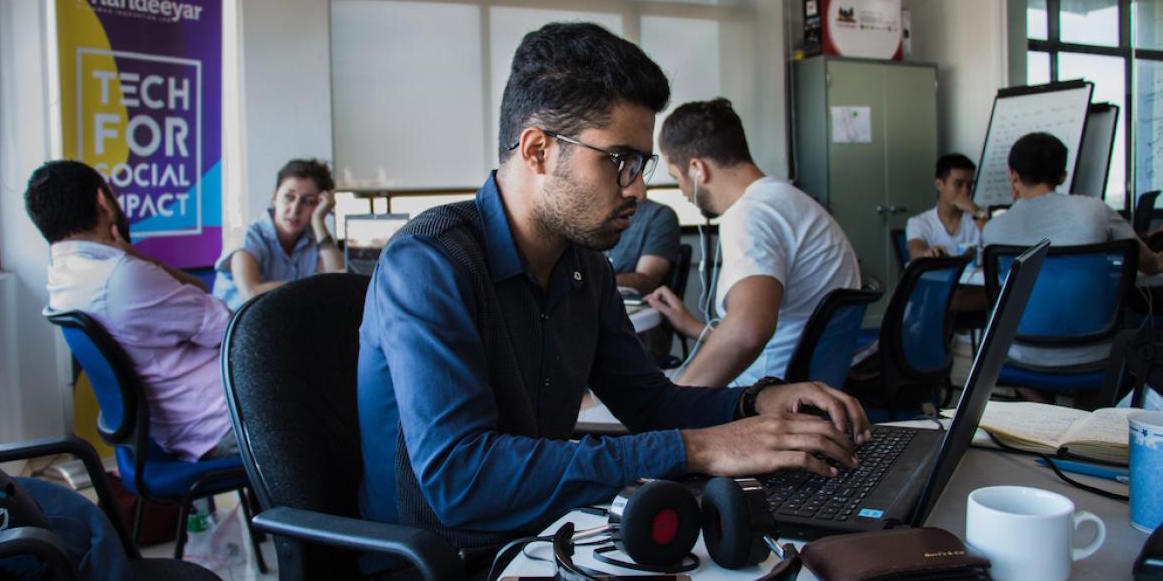The killing in Myanmar of a journalist who covered issues related to illegal logging in the country must be investigated thoroughly and all findings made public.
Soe Moe Tun was based in the Sagaing region, working with Eleven Media News in Myanmar. According to initial reports today (December 13), he was found with extensive head and facial injuries; local police have begun an investigation into his death.


